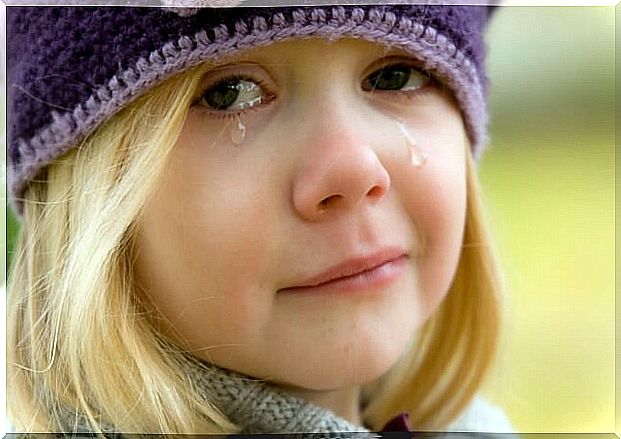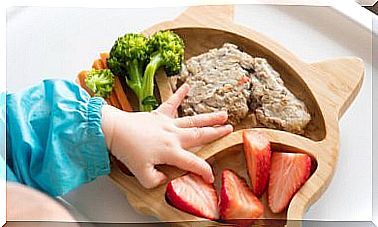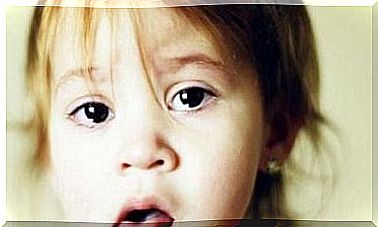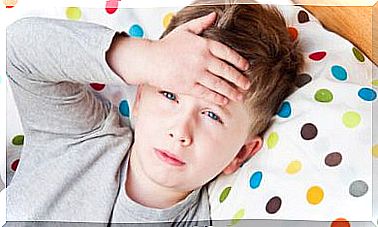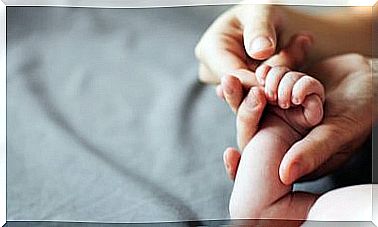Symptoms To Identify Low Self-esteem In Children
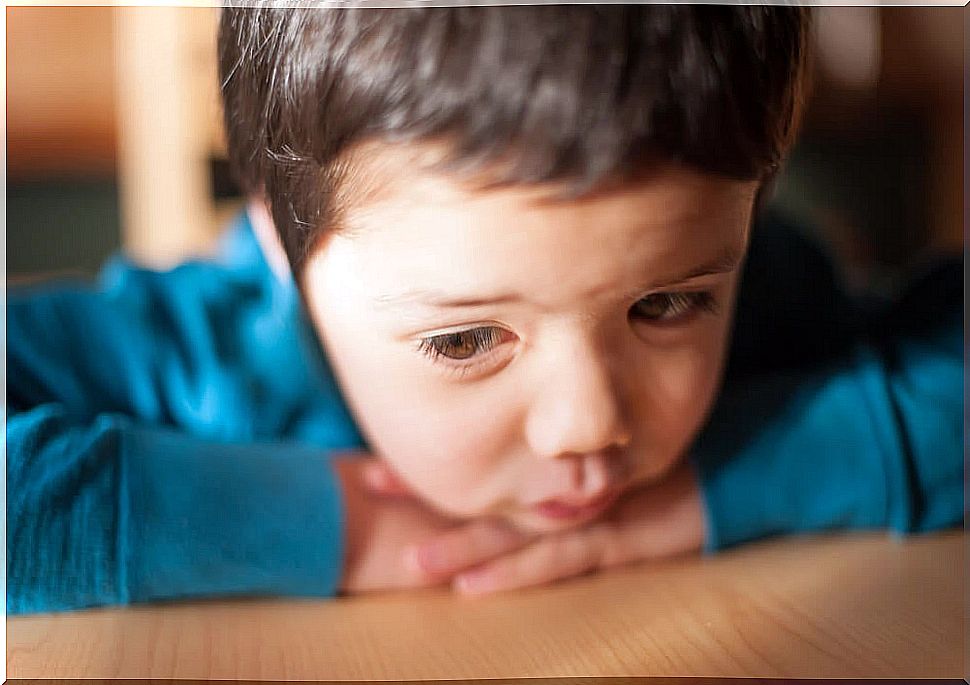
It is important that the little ones learn to love and value themselves in a positive way in order to grow up healthy and happy. But unfortunately, many children do not succeed. In this article we present some symptoms to identify low self-esteem in children.
Presenting negative self-esteem implies experiencing feelings of inferiority, insecurity, incapacity, fear, guilt, etc. This causes children to behave in a certain way that prevents optimal development.
Symptoms to identify low self-esteem in children
According to psychologists Isabel M. Haeussler and Neva Milicic, there are a series of symptoms, traits or attitudes that tend to define children with low self-esteem. Here we explain what they are. Although it must be taken into account that each child can express himself in a different way, depending on:
- The personality characteristics.
- Life experiences.
- The models or references that it assumes.
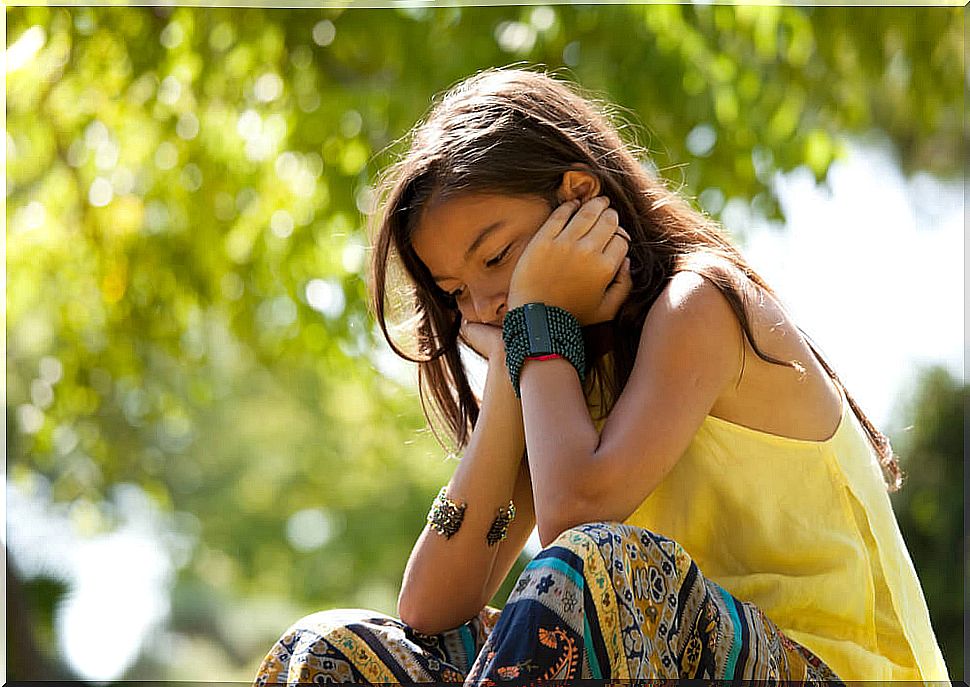
Overly complaining and critical attitude
Children with low self-esteem tend to complain and criticize everything, since they feel dissatisfied when things do not go as they want or expect. This attitude can cause rejection by the environment. This makes them feel misunderstood and undervalued by others. Thus, they themselves victimize.
Need to get attention
These children are constantly drawing the attention of others, especially adults, with the intention of feeling relevant and approved. This usually doesn’t work for them, so they get continually frustrated or angry.
Need to always win
They show a pathological need to win against any game, competition or activity. They do not value fun and enjoyment; all they want is to be the best, because they believe that this way they will be more loved and accepted. Therefore, these children are:
- Bad losers: they don’t accept defeat.
- Bad winners: exaggeratedly boast of victory.
Fear of failure and error
They tend not to take risks for fear of making mistakes and making mistakes. So they answer a question or perform a task only if they know with certainty that they are going to do it well. This attitude of insecurity prevents them from developing creativity. In addition, they may become anxious or overly preoccupied with school assignments, blocking or blanking out on them.
Introverted and unsociable attitude
Many children with low self-esteem are characterized by having few social skills, since they are afraid of exposing themselves as they are. This leads them to present difficulties when it comes to:
- Relate with equals.
- Make close friends.
Sadness and discouragement
They tend to have an attitude of sadness and discouragement. Thus, these little ones show:
- A rare smile.
- Generalized demotivation.
- Lack of spontaneity.
- Little vitality.
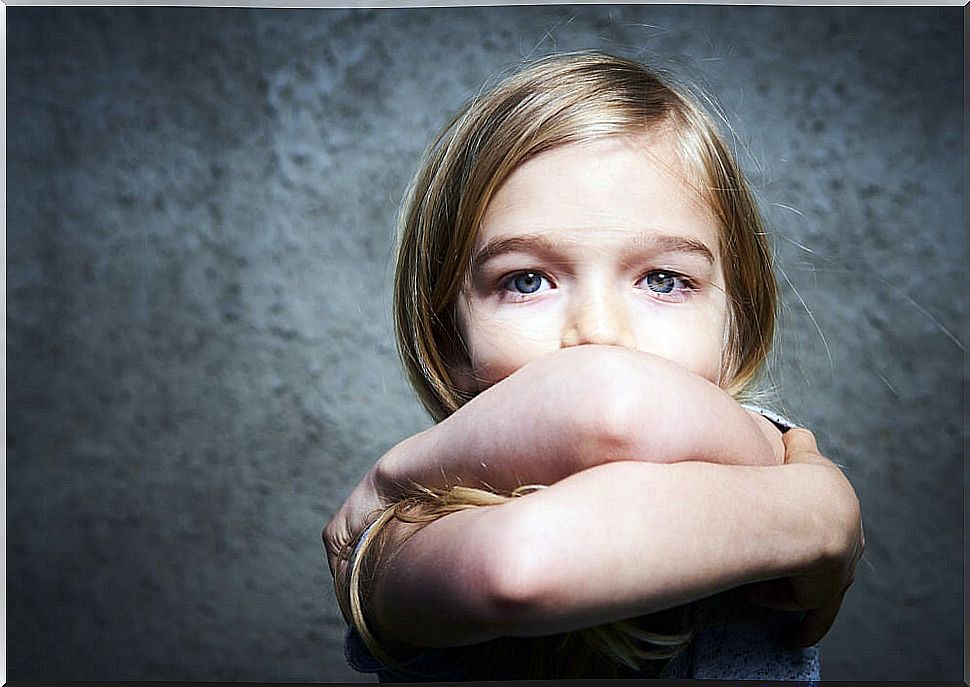
Perfectionism
Children with low self-esteem, in general, are excessively slow when doing certain activities or exercises, since they never feel satisfied with the work done, so they are continually trying to improve and correct it. But they fail to be effective or productive, since they invest the same time in fundamental tasks as in doing those that are not very relevant.
Aggressiveness
To compensate and hide their insecurities and fears, they may become aggressive, defiant, and inappropriate. That is, they tend to become defensive to others. Which causes them to have unhealthy social interactions.
Need for approval
Children who develop negative self-esteem constantly want to be approved of. For this reason, they continually seek recognition and appreciation from others, usually from figures of reference (mother, father, teachers, etc.). This is due to the presence of:
- Many insecurities.
- Lack of trust.
- Fear of facing one’s own feelings.
- Self-assessment inability.
